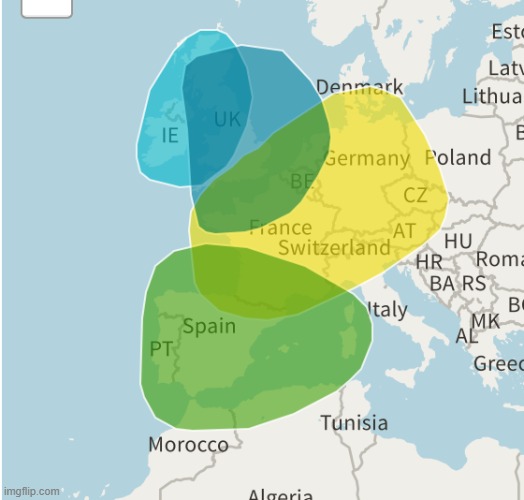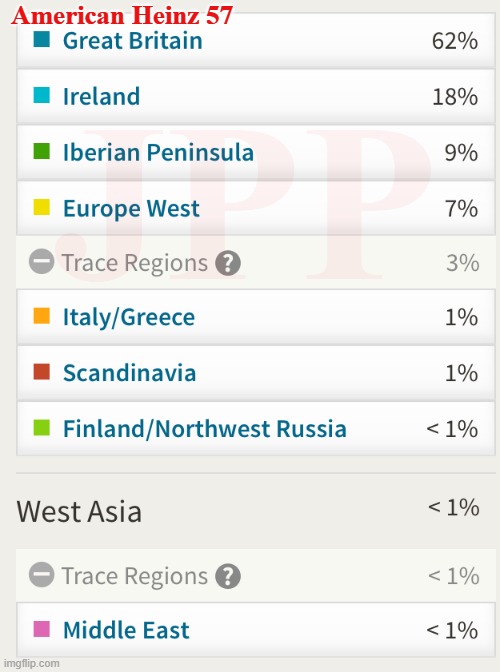Daylight63
Verified User
He seems curiously proud that he can find articles about eating dirt,
I'm curiously proud I can show you for the LIAR you are. And now everyone can see it if they read this thread.
I guarantee you every geologist is laughing at you right now.
and Googling tidbits
I've already outclassed you on this thread. You barely could muster a description of what you were doing in the Andes. I knew more about the topic than you did.
The difference is: I am not the one lying about rock collecting in the Andes.
of info about boring and obscure geology details.
So boring you were WRONG when you said they don't do it. That's why I'm superior in that when I make a claim I can support it.
You make claims and never bother to support them. Primarily because you can't.
AND IT PISSES YOU OFF. That's the best part. You are caught and now you'll never have another comfortable day blathering about stuff you don't know to impress the yokels.
Someone got your number. LOL.

 ftfy
ftfy



